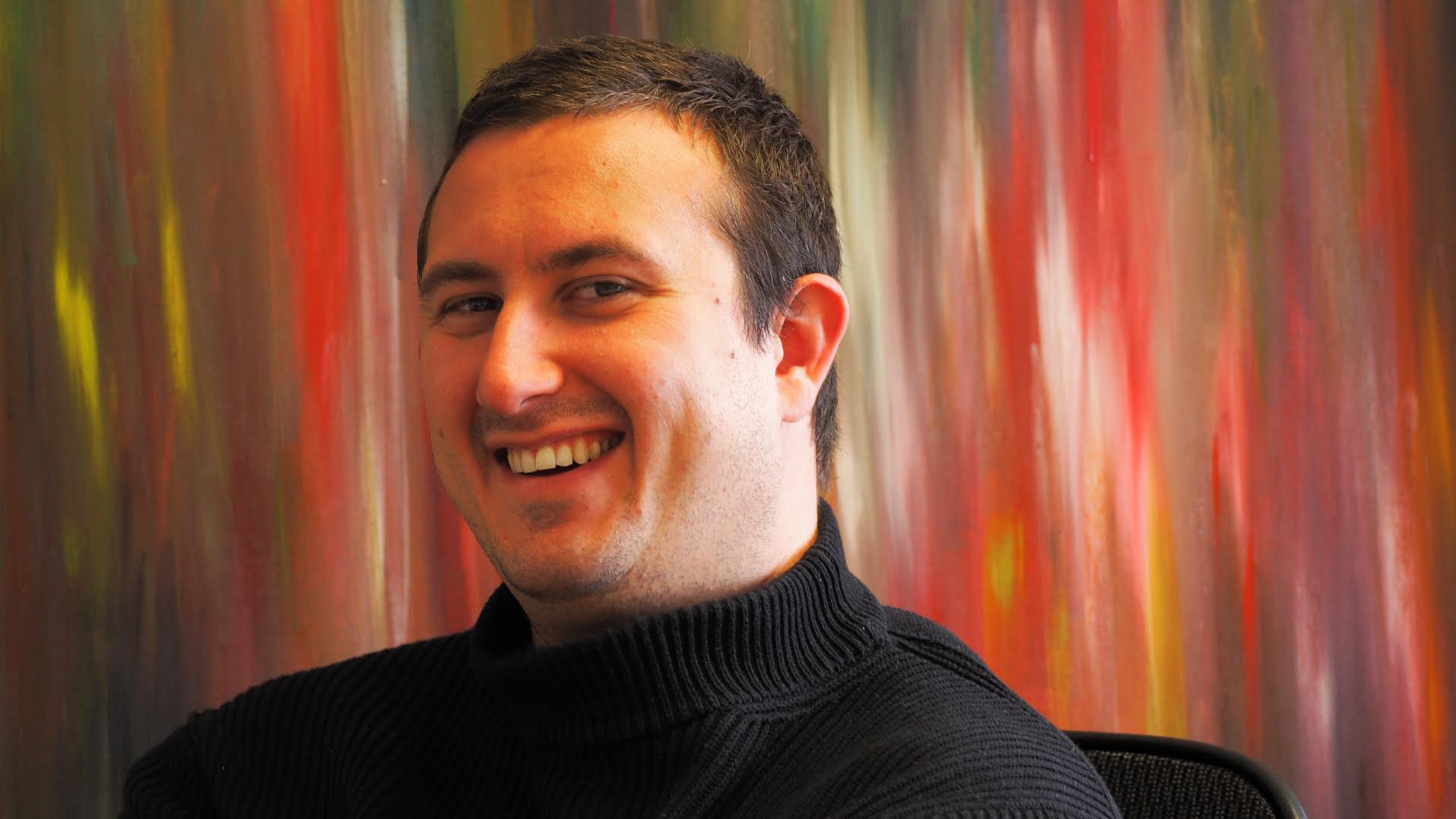

Paul Davies is the technical director at Coreix, having spent all of his adult life in IT. Despite being a networking expert and living through many of the major developments in the field, he isn’t fond of wires in his personal life with a love of SONOS audio and wireless charging. But he could have been lost to the IT world had he fulfilled his original ambition of being an artist.
Tell us about your company, how long have you been in IT and what are your areas of expertise?
Coreix Limited is a managed hosting, colocation and network service provider. From our securely operated facilities in London, we are able to provide services ranging from a single dedicated server to managed multi-server clusters, cloud solutions, secure cages or private suites complimented by 24/7/365 onsite staff and premium network bandwidth or point-to-point connections.
What’s the favourite IT project that you’ve ever worked on?
The original implementation of IPv6 natively in the Coreix network back in 2005/2006. As one of the first providers in the UK to obtain IPv6 space and natively route traffic without tunnelling, it was cutting edge implementation. We were lucky to be using Juniper M40 routers at the time whom were early adopters due to the Free BSD background of Juniper Operating System. I recall having a couple of peers from other early adopters such as Tiscali and Hurricane Electric, a whole 500 IPv6 routes in the full table, amazing!
What technologies were you involved with ten years ago?
All the networking tech (which never “really” changes), but IPv6 for one, much of the software I was writing was in the .NET framework using C# and I recall writing IPv6 manipulation libraries in C#, web services (SOAP/XML) and an interface for our Network Operations Control Panel, before that I was using a text file to store allocations for v6.
What do you expect to be using in ten years’ time?
More quantum devices (not just cryptographic implementations), I love physics, mechanics and mathematics, we need more people working on fringe science, more money needs to be thrown at people for love of science and not necessarily for profitable ventures! “Star Trek” concepts are so far away because super powers fight over the simple things and as a result no-one gets their flying cars, teleportation devices, worm hole transportation portals any time soon.
What do you think is the greatest challenge for an IT company or department today?
Compliance and generally data security and legislation. With terrorism, cybercrime and endless legislation regarding who, what and where data can be held, it is getting harder and harder for companies to abide by everything, safely, securely and to be able to maintain Business Continuity Plans and Disaster Recovery plans. Coreix has worked hard to achieve various ISO and government accreditations and this is one of reasons we have been successful in our efforts to date in gaining lots of clients.
To cloud or not to cloud?
This word is banded around everywhere and I recently heard someone say; “Why do we need datacentres? Everything is in the cloud now!” I have embraced virtualisation since the early days and we have cloud platforms, we architect and install private cloud installations for clients as well. Pragmatism; if the solution or client requires cloud or can benefit from the cloud, then cloud it! Don’t “cloud it” just because your next-door neighbour said it’s the next big thing, that’s like buying an electric car because it’s environmentally friend without even having a driving licence – pointless!
Who is your tech hero and who is your tech villain?
There are so many tech villains; GCHQ was named publically as the winner of that award in 2014 though! At the end of the day, the villains are the companies profiting from other people suffering such as the Internet Blackmailers, people holding networks to ransom with the threat of a large scale distributed denial of service attack.
What’s your favourite device ever made and what do you use the most?
Sonos – I love music and Sonos is amazing as everything is controlled via my iPhone and iPad. I can group speakers, play different types of music in different rooms, all wirelessly – simple technology, simple concept, simple configuration, brilliantly effective, just how technology should be!
Apart from your own, which company do you admire the most and why?
Juniper Networks because over the years they never compromised on build quality, engineering principles and still continue to invest in research and development in cutting edge concepts and new technologies.
What did you want to be when you were a child?
I always wanted to be an artist of some form, whether a painter, musician or novelist, it didn’t matter, I love imagination, fantasy and creativity. I still play piano, guitar and do a lot of painting and writing in my spare time – I believe it keeps me grounded and away from technology 24/7.
What do you know about fibre broadband? Take our quiz!
Denial from TSMC, after multiple reports it was in talks with Intel over a joint…
CEO Tim Cook talks to Trump official, as IDC notes China's smartphone market growth, and…
Another big name chip maker expects a hefty financial charge, after the US tightened rules…
More bad news for Google. Second time in less than a year that some part…
Federal office that tackled misinformation and disinformation from hostile nations is closed down, after criticism…
After Nvidia admits it will take $5.5 billion charge as Trump export limits of slower…